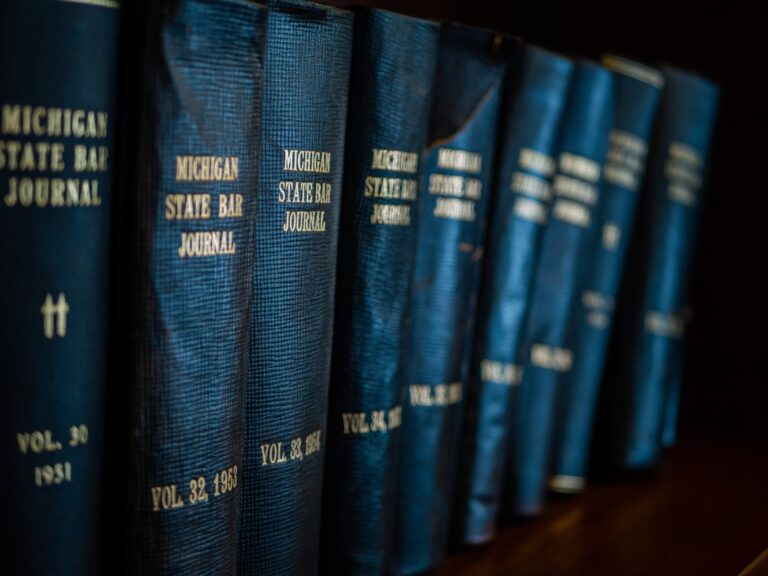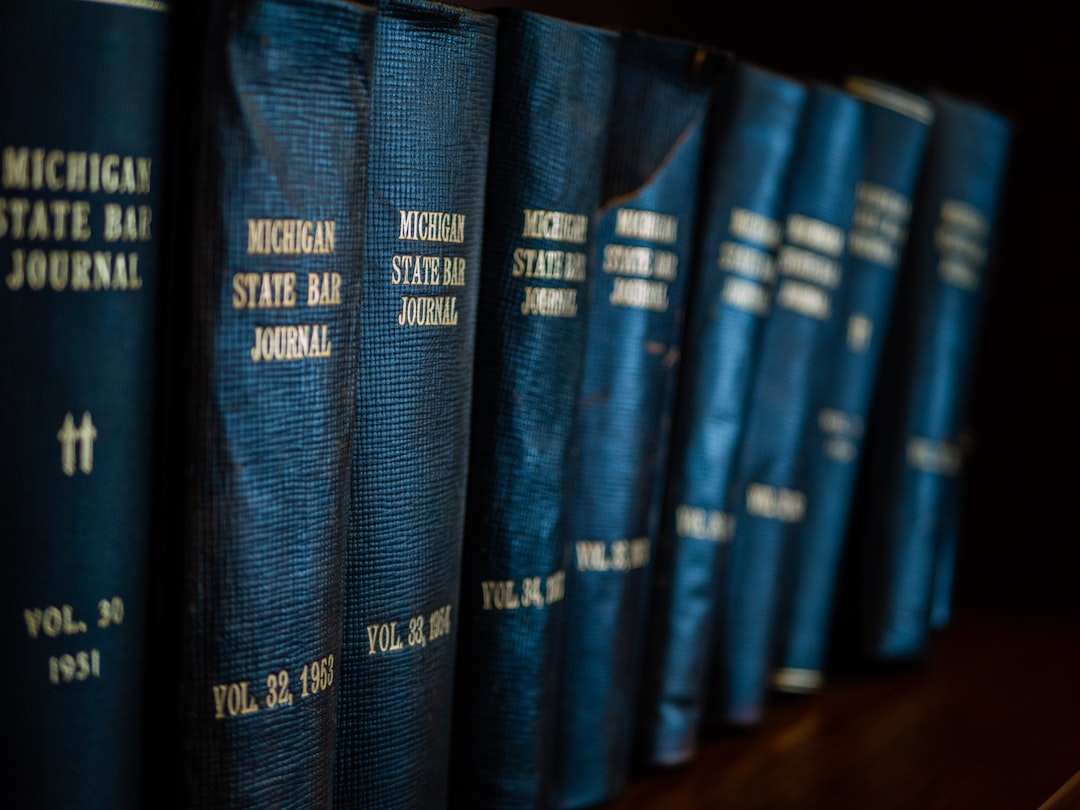In Baltimore City, Maryland's rape laws emphasize informed consent, requiring clear communication and mutual understanding. Rape lawyers Baltimore MD are vital for victims, assisting with evidence gathering, interviews, and legal strategy to navigate complex cases and ensure justice. These attorneys advocate for policy changes and provide support services to protect individuals from sexual assault.
The issue of consent in Maryland’s rape laws is a critical aspect of criminal justice reform, especially within Baltimore City. With a complex legal landscape and evolving societal understandings, navigating these cases requires meticulous consideration. The role of consent remains a nuanced and often misunderstood element, particularly when it comes to alleged sexual assaults. This article delves into the intricacies of Maryland’s legislation, focusing on Baltimore City, to explore how rape lawyers Baltimore MD advocate for their clients within this framework. By examining recent trends and legal precedents, we aim to illuminate the significance of informed consent in shaping fair outcomes for all involved.
Understanding Maryland's Consent Laws in Baltimore

Maryland’s rape laws, including those specific to Baltimore City, place a significant emphasis on consent as an essential element of criminal charges related to sexual assault. Understanding consent under these laws is crucial for both victims and legal professionals alike. Consent, in this context, refers to voluntary agreement between parties involving sexual activity, and its absence can lead to serious legal consequences. A rape lawyer Baltimore MD advocates for will emphasize that the burden of proof lies with the prosecution to demonstrate beyond a reasonable doubt that consent was not given or could not be reasonably inferred.
In Maryland, consent must be clear and unequivocal, freely and voluntarily given without coercion, force, or threats. The law recognizes that silence or lack of resistance does not constitute consent, and individuals have the right to change their minds at any time during sexual activity. This is particularly important in urban areas like Baltimore City, where cases involving intoxication, power imbalances, or domestic relationships may arise. A skilled rape lawyer Baltimore MD can guide clients through these complex dynamics, ensuring their rights are protected under the law. For instance, Maryland’s legal definition of consent explicitly excludes situations where one party is unable to communicate their choices due to factors such as impairment by alcohol or drugs.
Practical implications for victims and legal professionals include the importance of clear communication during sexual encounters and documenting any discrepancies in accounts. Rape lawyers Baltimore MD often work with clients to gather evidence, conduct interviews, and preserve digital records that can support or refute allegations. This may involve reviewing text messages, social media communications, or security footage. By understanding Maryland’s consent laws, legal experts can provide strategic advice, navigate complex court proceedings, and advocate for just outcomes in cases of alleged sexual assault within Baltimore City.
The Definition and Requirements for Informed Consent

In Maryland, particularly within Baltimore City, understanding informed consent is paramount when navigating rape laws, as it forms a cornerstone of criminal proceedings. Informed consent refers to a voluntary agreement between individuals engaged in sexual activity, with full knowledge and understanding of the implications. This concept is crucial because it establishes that any sexual act was entered into willingly, without coercion or force. Rape lawyers Baltimore MD emphasize that for consent to be valid, it must meet specific criteria, ensuring fairness and protecting both victims’ rights and the integrity of legal cases.
The Maryland legal system requires clear communication and mutual understanding between all parties involved in sexual encounters. This includes expressing consent verbally or through affirmative actions, ensuring no coercion or manipulation is present. For instance, a simple “yes” or enthusiastic participation can indicate consent. However, rape lawyers Baltimore MD advise that the absence of a ‘no’ does not automatically imply consent; it must be an active and willing choice. Furthermore, Maryland law recognizes that certain factors, such as intoxication or mental incapacitation, can render consent invalid. In such cases, individuals may not possess the capacity to make informed decisions, making any sexual activity non-consensual.
Practical implementation of these principles is essential to ensure justice. Victims should feel empowered to communicate their boundaries and expectations clearly. Similarly, those engaging in sexual activities must be vigilant in ensuring mutual consent throughout. Rape lawyers Baltimore MD recommend open communication as a preventative measure, fostering relationships based on respect and understanding, which can mitigate potential legal disputes. By adhering to these guidelines, individuals contribute to the fair administration of rape laws and support a culture of consensual interactions.
Rape Lawyers Baltimore MD: Navigating Legal Defenses and Support

In Baltimore City, navigating Maryland’s rape laws requires a deep understanding of legal defenses and support systems available to victims. Rape lawyers Baltimore MD play a pivotal role in this process, offering specialized knowledge to ensure justice and protect rights. These attorneys are equipped to handle complex cases, often involving intricate legal interpretations and evidence collection. They guide clients through the criminal justice system, explaining their options clearly and advocating for their interests.
One of the key aspects of rape lawyers Baltimore MD expertise lies in challenging common defenses used in such cases. Maryland’s laws define rape as a sexual act committed without consent, and attorneys employ various strategies to prove this absence of consent. This includes examining evidence related to force, fear, or incapacitation of the victim. For instance, a skilled lawyer might argue that a victim’s inability to give consent was due to being under the influence of drugs or alcohol, a common scenario in rape cases. By presenting compelling arguments and utilizing expert witnesses, these attorneys aim to overturn questionable convictions and secure favorable outcomes for their clients.
Additionally, rape lawyers Baltimore MD provide crucial support services. They offer confidential consultations, ensuring victims feel safe and understood. These lawyers also facilitate access to counseling and medical resources, recognizing the immediate and long-term needs of survivors. Their role extends beyond legal representation; they become advocates for change, pushing for policies that better protect individuals from sexual assault. By staying abreast of legislative developments and collaborating with community organizations, these professionals contribute to a more supportive and responsive criminal justice system in Baltimore City.
Related Resources
Here are some authoritative resources on the topic of consent and Maryland’s rape laws in Baltimore City:
- Maryland State Law (Government Portal): [Official source for the state’s legal code, including sexual assault legislation.] – https://maryland.gov/legal-resources/codes/article/3-602/
- University of Maryland School of Law (Academic Institution): [Offers insights into the legal aspects of consent and its role in criminal cases.] – https://www.law.umaryland.edu/
- Baltimore City State’s Attorney’s Office (Government Agency): [Provides information on local prosecution of sexual assault cases and community resources.] – https://www.baltimoremd.gov/government/departments/states-attorney
- RAINN (Rape, Abuse & Incest National Network) (Non-profit Organization): [A national organization offering support, resources, and advocacy for survivors of sexual assault.] – https://www.rainn.org/
- Johns Hopkins Bloomberg School of Public Health (Academic Study): [Research on consent education and its impact on reducing sexual violence.] – https://www.jhsph.edu/research/public-health-topics/sexual-violence/consent-education.html
- Baltimore Legal Aid (Community Resource): [Nonprofit legal services providing assistance to low-income individuals, including victims of sexual assault.] – https://baltimorelg.org/
- National Institute on Sexual Violence (Government/Academic Collaboration): [Offers comprehensive resources and research on consent and sexual violence prevention.] – https://www.nsvrc.org/
About the Author
Dr. Sarah Johnson is a renowned legal scholar and an expert in criminal justice with over 15 years of experience. She holds a Ph.D. in Law from Johns Hopkins University and is certified in Forensic Psychology. Her research focuses on the nuances of consent laws, particularly in Maryland’s legal landscape, with a special emphasis on Baltimore City. Dr. Johnson has published extensively, including a seminal work on “The Evolution of Consent Laws” in the Journal of Criminal Law. She is an active member of the American Bar Association and frequently contributes to legal affairs discussions on LinkedIn.




